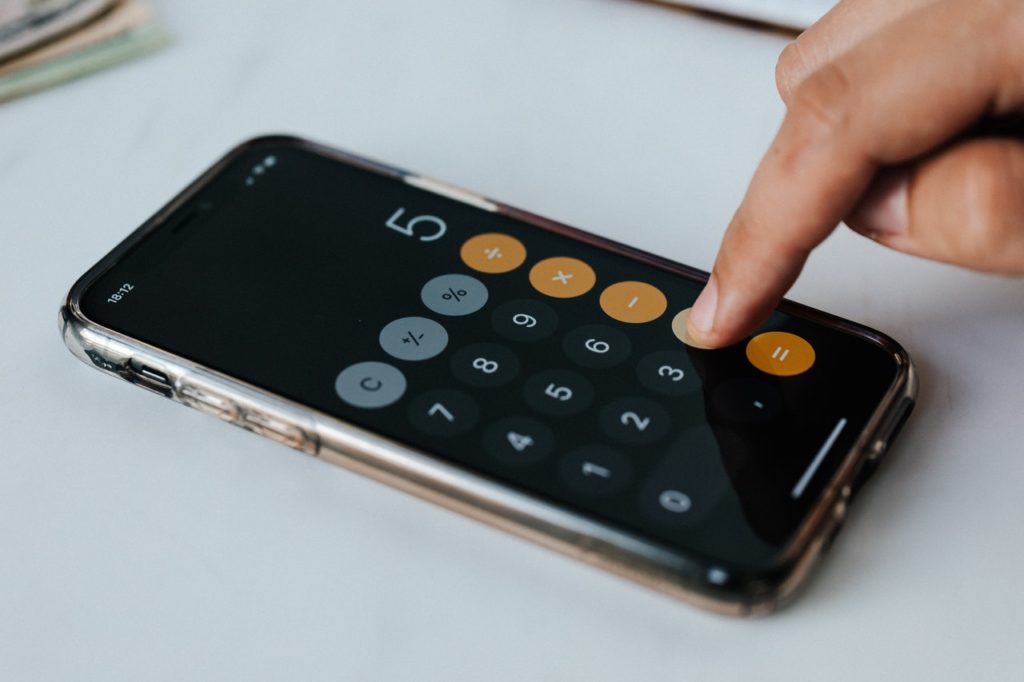5 tips that will help you when planning your personal monthly budget
I remember one time when working in Mwanza region, Tanzania, I went out with my coworkers, and I was on a budget. I remember that I carried my food from home because, that week, I had reached the amount of money that I could spend and so I couldn’t buy food in that resort that day.

It was kinda weird and I was worried about what they might say or think, but I was more scared of spending my savings and hence stretching my budget in a way that it was not supposed too. I guess in this case I chose to care more about my finances rather than people’s opinions of what they will think about me.
Over the years I have learned that, that is an important lesson to learn as early as possible in life since your personal financial situation depends on that too. Well, that and your budget planning skills.
If you want those skills, here are couple tips that will help you when you are planning your personal budget.
1. Know the amount that you have
If it’s your salary or college loan, then know the exact amount that you will be getting or you have in your bank account. This knowing will influence your whole budget and decision in that month.
2. Know your needs
What you need to buy, where do you need to spend that money, what bills will you need to pay etc. It is important to know your needs and their cost so that you can calculate base on the amount you already have.
3. See ways in which you can reduce some needs
If you spend money on everything without creatively thinking about reducing some needs, then you will run out of money soon. There are ways in which you can reduce costs. So for example, you can use office WiFi for Internet needs in the months that you have a lot of expenses instead of buying data, or you can carry food to work, or choose to catch a work bus instead of paying for transport.
Know where and how you spend your money and see what needs can be creatively met without affecting your finances.
4. Know what you need to save
Saving money is important because life is unpredictable. So it’s always important to have some money that you can spend in time of need or an emergency. The money you save can come in handy for those times.
But saving is not only for emergency. Saved money can be useful in buying what you have always wanted to buy but maybe it was expensive to buy it. Instead of getting into debt, saving money to get to that amount can be beneficial because, first, you are getting the thing, and second, the price is always going down on things.
So you will get your thing (especially if it’s not an urgent need) at a lower price compared to the one you would have gone in debt for.
5. Plan your budget in such a way that you pay for your basic needs first
I am not saying you enjoying some fun time is not a basic needs. I’m just saying paying for bills that will stress you if you won’t pay them in a month. It would make you not enjoy the fun time that you have chosen to spend with your friends since your financial situation is all you will be thinking about.
So your personal budget should be planned in such a way that it meets are your basic needs, bills that keep you running in your day to day routine, be it water rent, electricity, etc.
It is important to know that living within your personal budget is key for financial growth, but also some months are different and so your budget can change depending on how your needs are different in those months.
Further reading:
- 5 smart financial decisions to make in your twenties
- 5 practical ways to save money when you are living alone
- Incentivising youth to pursue commercial agriculture
Photo by Karolina Grabowska from Pexels

